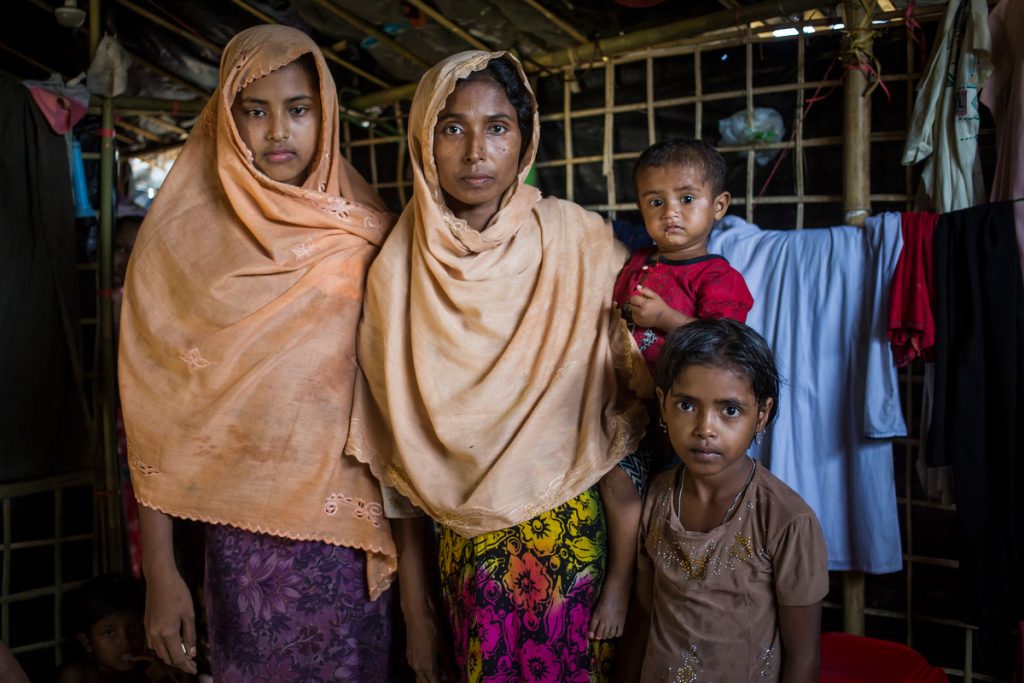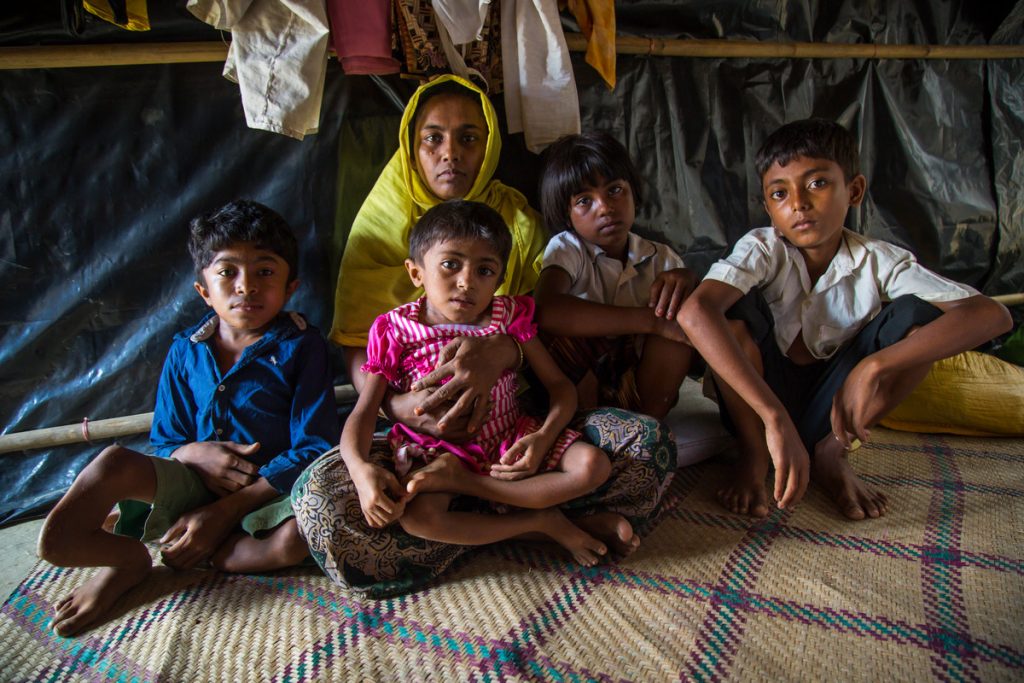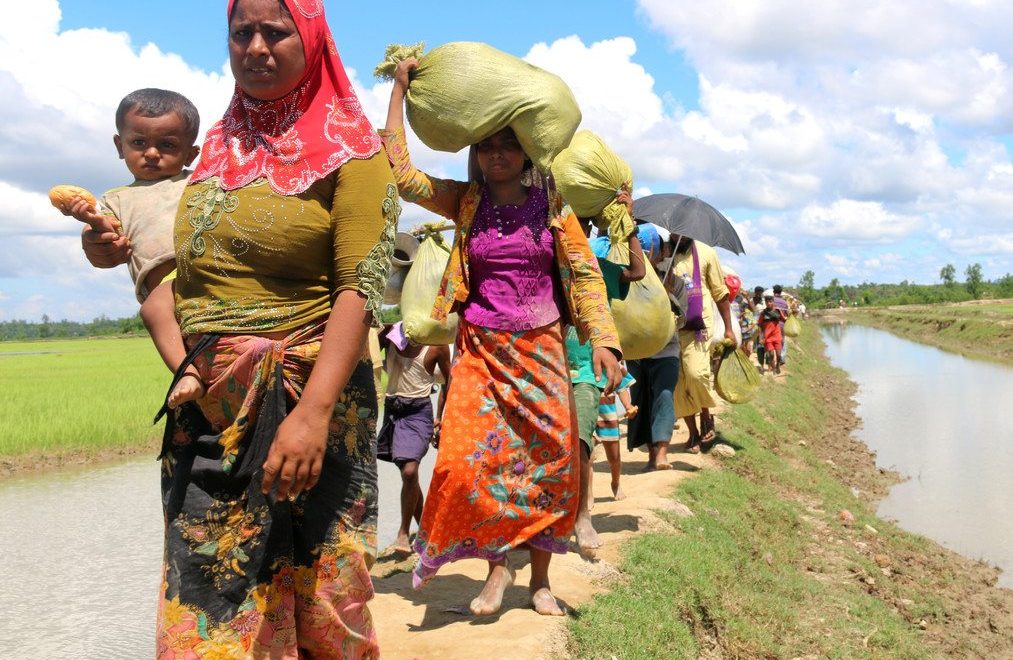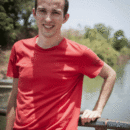Often described as ‘the world’s most persecuted minority’, the Rohingya people have lived in Myanmar for centuries. But ongoing violence and persecution within the country has forced them to flee, seeking safety in neighboring Bangladesh.
Since August 25 alone, more than 500,000 Rohingya people have arrived in Cox’s Bazar on Bangladesh’s southern border.
The situation is urgent. Many more people are arriving every day, and the camps receiving the Rohingya people aren’t equipped to meet the needs of so many people.
Without immediate and adequate water, sanitation and hygiene, there’s a high risk of disease outbreaks.
None of the new camps that have emerged had pre-existing facilities including toilets, water points or bathing places. There have even been reports of people drinking water taken from neighboring paddy fields.
ActionAid Bangladesh’s local staff are working in Mainnerghona camp in a sub-district of Cox’s Bazar, supporting the Rohingya people as they arrive and providing them with food, water, safety and sanitation facilities.
Here are some of the people they’ve met in the last few days.

Amina (center) fled violence in Myanmar with her children. Photo: Noor Alam/ActionAid
Amina is a mom and was forced to flee her home in Myanmar while heavily pregnant.
“We were being attacked. Houses were being burned. We were being shot at.
“When the attacks started, they would break into homes and torture and rape women. I felt so terrible and afraid.
“After crossing the river we spent a night in the porch of a primary school. We had no food.
“The next day some people came and gave us some dry food and they told us to come to this camp because we would get help here.
“I feel so scared at night. I have pretty daughters and I feel worried for them. This house is flimsy and I worry that men disturb us at night.”
Our local team have already set up a safe space for women in the Mainnerghona camp, where women like Amina can access a full range of support including medical referrals and Sexual and Reproductive Health Rights. In the coming days we’ll be opening a new center that will provide services for many more women.
We’re also distributing food packages to more than 1,200 families, as well as dignity and hygiene kits to up to 5,000 women and girls.

Hasina worries about feeding her family having fled her home in Myanmar. Photo: Noor Alam/ActionAid
Hasina, who is mom to five kids and whose husband was shot dead as the family fled.
“It took us four days to get to Bangladesh. We walked, we ran, we went through the jungle and also in the hilly areas we had to walk and run and stay with the children.
“I had to carry my children in my arms, on my back, on top of my shoulders. That’s why my legs are swollen and I’ve been suffering from fever.
“We were the first ones to settle in this hill area. For a few days we had no food. My children were suffering so much because I couldn’t feed them.
“My children cannot go easily to the latrine and there is no washroom for the girls. We are not used to moving around or using the toilets in front of men, so men are roaming around and we have to go to the toilet in front of them. That’s uncomfortable for us.”
Access to proper toilets and bathing areas is a big issue. That’s why our local staff are building 50 emergency toilets and providing proper maintenance so they’re safe to use.
We’re also creating 10 bathing areas for use by up to 8,000 women and children. They’ll be separate from facilities for men, and clean water will be provided from the 10 water wells we’re constructing.



